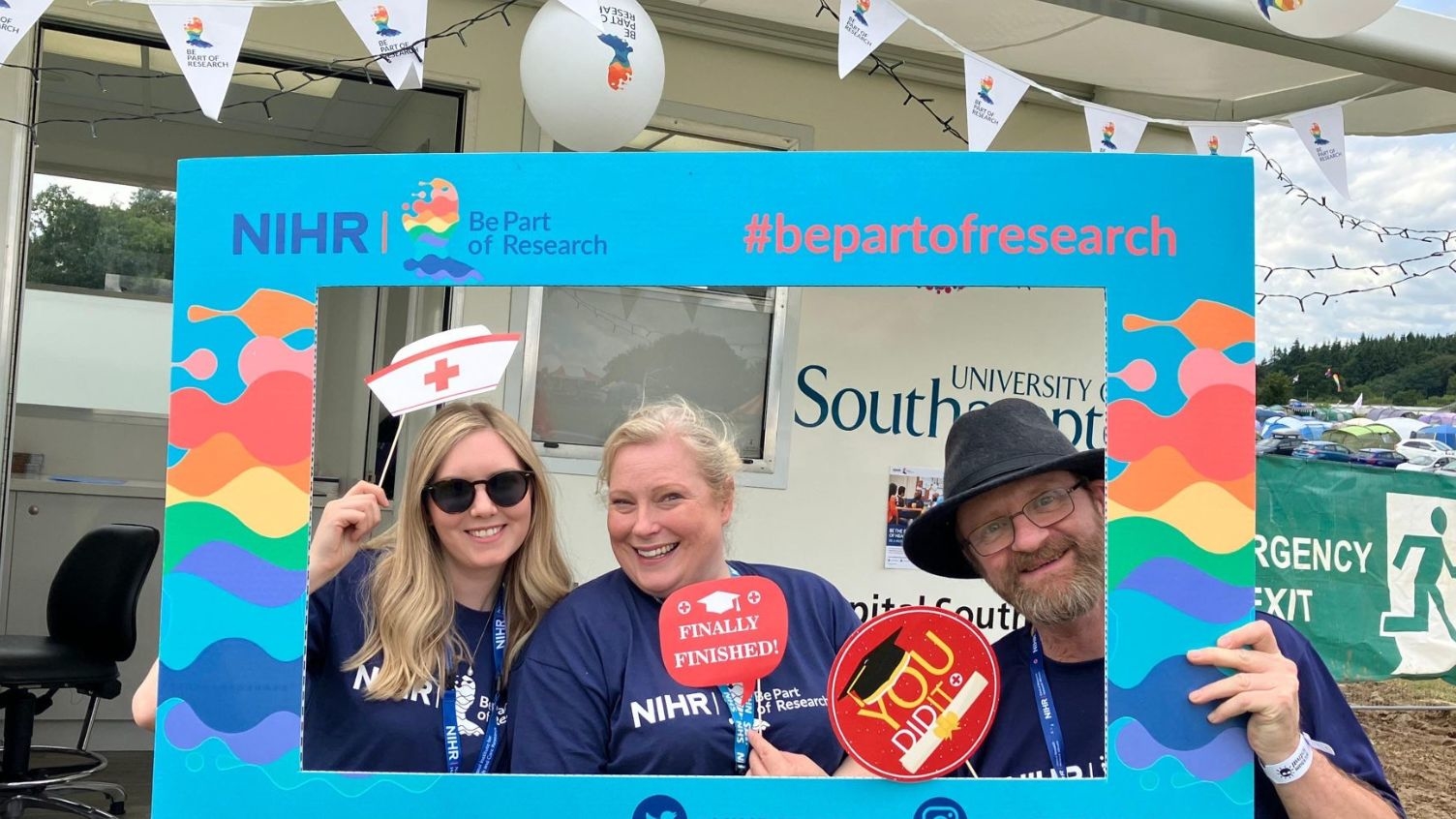Cerebral palsy patient beats the odds to live independently
- 13 March 2020
- 2 min read
A woman with cerebral palsy, who doctors thought may never walk or talk, is now living an independent life thanks to taking part in a clinical research study.
Grace spoke about how the CO-OP study changed her life.
Grace has dystonic cerebral palsy and doctors thought she may never be able to walk or talk. However, a clinical research study in south London has helped the teenager to live an independent life at university.
She took part in CO-OP, a National Institute for Health and Care Research (NIHR) portfolio study which was supported by the NIHR Clinical Research Network South London. The trial tested a new approach to occupational therapy at the Evelina London Children's Hospital, where specialists work with patients on step-by-step plans to set and achieve their own goals. Grace, 19, from County Kildare, Ireland, said:
"This is by far the most effective therapy I have ever received and the outcomes have been incredible. I can now go out and eat ice cream with my friends without being embarrassed; I can brush my teeth and I can ride a bike.
"The main difference between the CO-OP approach and the therapy I have received before is that this treatment looked at the task that I wanted to achieve and not my disability. I made a step-by-step plan of my goals, which meant that I was able to find out exactly where I was going wrong and could try out different ways to achieve the specific steps.
"I literally feel like I can do anything now, and can't begin to tell you how much it meant to me to be in control of my treatment."
Dystonic cerebral palsy is a neurological condition which causes involuntary movements resulting in twisting, repetitive movements and abnormal postures. The condition affected Grace's limbs, making it difficult for her to complete everyday tasks such as walking, eating or going out with her friends.
Proud mum Sebrina said: "We struggled initially when Grace was diagnosed as we were told she might not be able to talk or walk.
"Before the trial, if I saw Grace struggling I'd feed her, get her a straw or pick her up and I don't do any of that anymore. I know she is able to cope which has helped me with letting her live away from home at university.
"We are both just so proud of her. Her dad and I admire the way she looks at life. Grace just figures things out and moves on."


